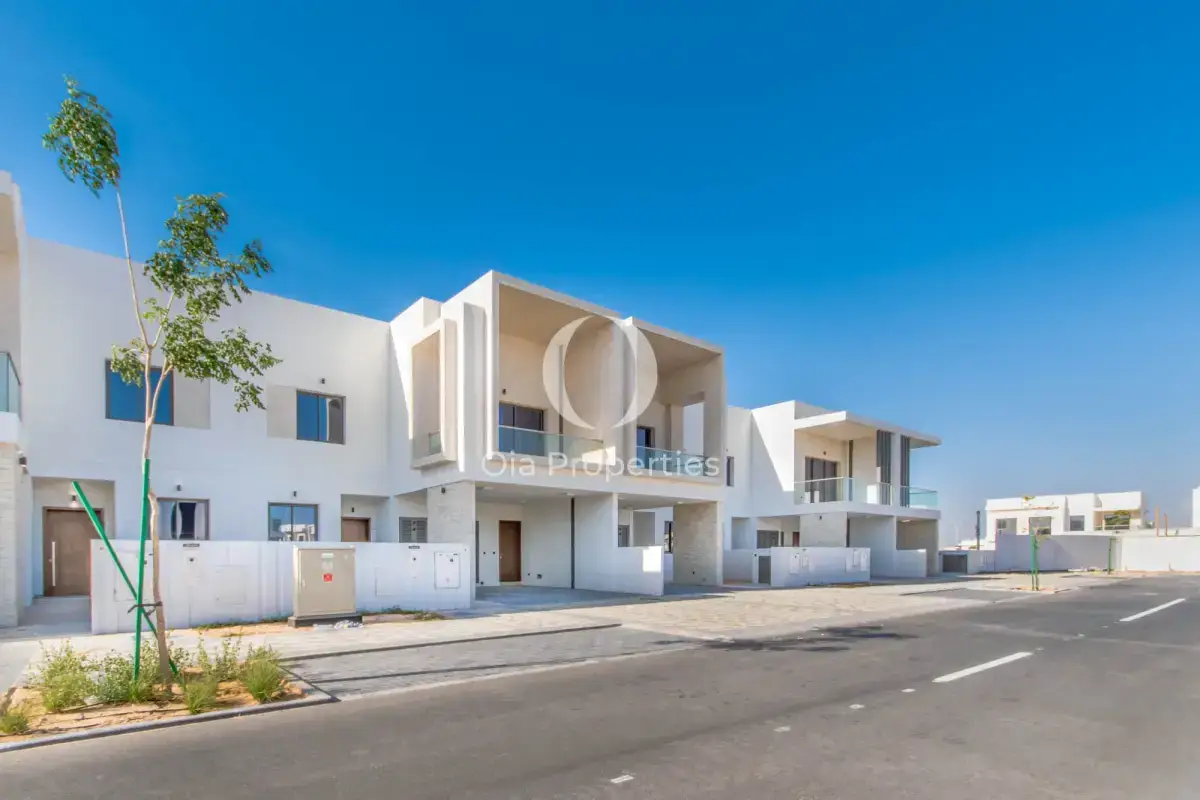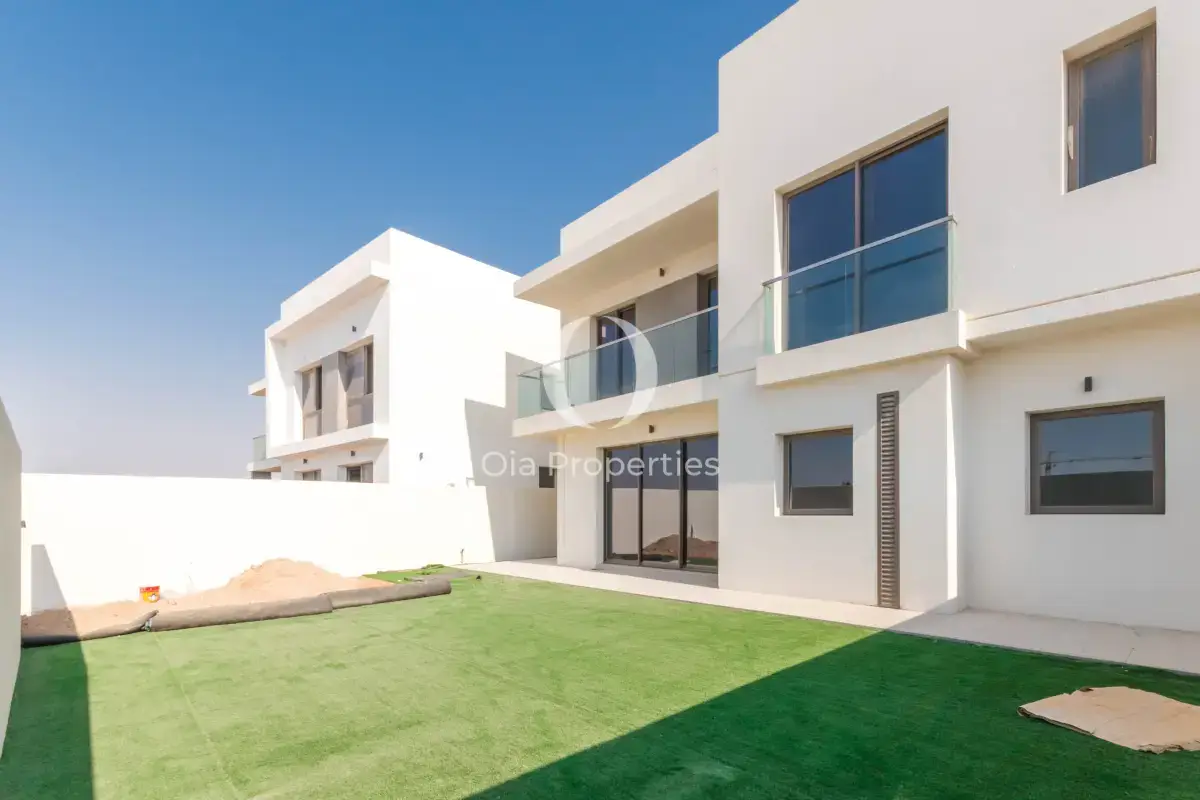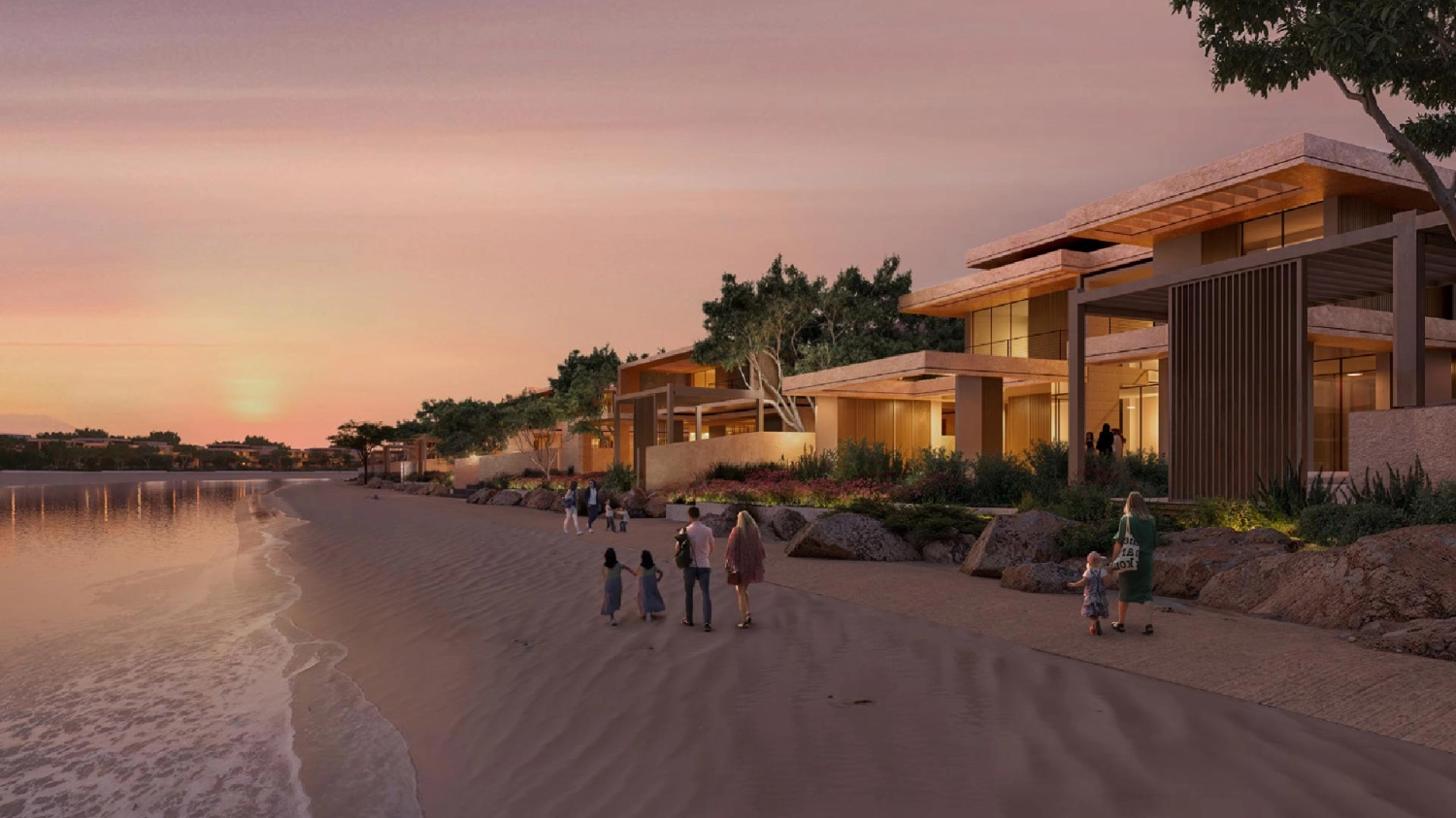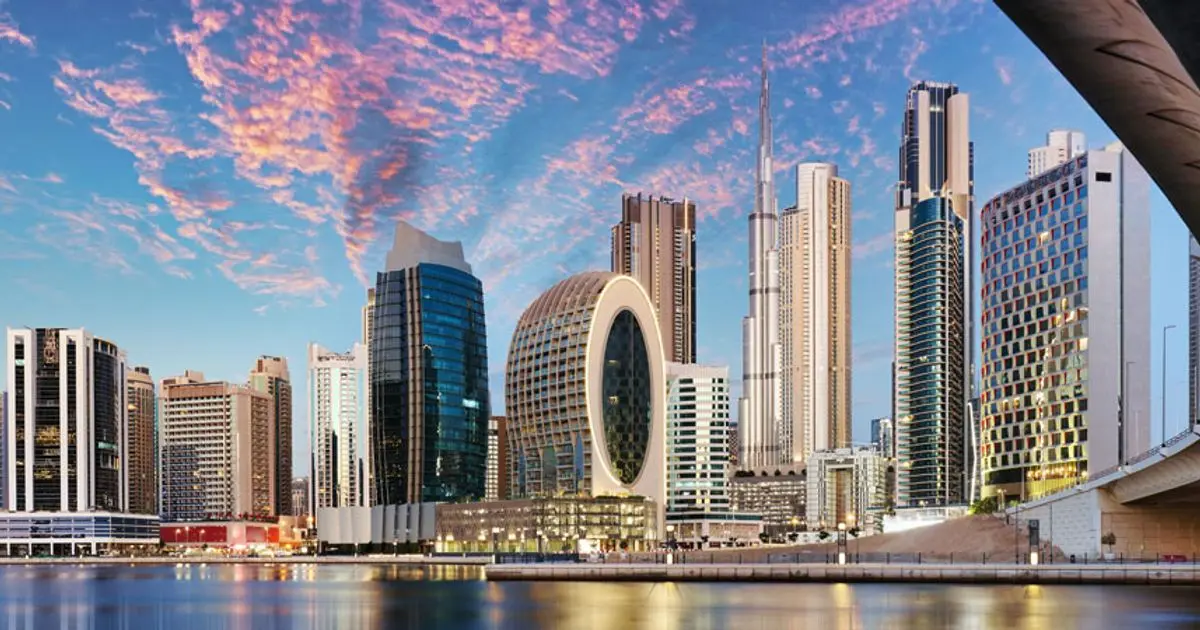Hidden Costs of Buying Real Estate in the UAE
- June 02, 2025
- /
- Buyer and Seller Guides
_1748850093_205260b2.webp)
Understanding the Full Cost of Homeownership in the UAE, the asking price of buying a villa or apartment is just the beginning of your expenses when you become a homeowner in the United Arab Emirates.
In addition to the purchase price, you should consider government transfer fees, annual service charges, and other costs.
These additional expenses can amount to several per cent of the total purchase price. Knowing these hidden costs before you sign can help you stay within your budget and ensure a smooth move.
Why Extra Property Fees Catch Buyers Off-Guard
First-time homebuyers often concentrate on saving for the down payment but neglect to consider the additional expenses that arise afterwards. Every real estate transaction involves legal paperwork, government approvals, and various professional services, each with its fee structure. Since most of these costs are paid in cash at closing, they can catch unprepared buyers by surprise if they haven't planned.
Government Transfer Charges & Registration Fees
In Dubai, the most significant single expense is the four per cent transfer fee imposed by the Dubai Land Department and an additional administrative fee of approximately AED 580. In contrast, Abu Dhabi has a different fee structure, charging around two to two-and-a-half per cent of the property value when ownership changes. For off-plan buyers in Dubai, contracts are registered through the Oqood system, which also applies the four per cent fee and a small certificate charge.
Administration & Documentation Costs
Before a sale can proceed, the developer must issue a No-Objection Certificate (NOC). This document confirms that the seller has settled all outstanding service charges and allows the buyer to register the new title. The NOC is a crucial document that ensures the property is free from financial or legal encumbrances, providing the buyer with peace of mind. Developers typically charge between AED 500 and AED 5,000 for the NOC. Additionally, the transaction must be recorded at a trustee office, where the service fees range from AED 2,000 to AED 4,000, depending on the sale price. Some buyers hire a conveyancer for added peace of mind, adding another professional fee to the total cost.
Real-Estate Agency Commission
In Dubai and Abu Dhabi, real estate agents typically receive a commission of two per cent of the agreed purchase price and an additional five per cent VAT. The buyer pays this commission on the transfer day, separate from any marketing fees charged to the seller.
Mortgage-Related Expenses
The bank will require several small but essential payments when financing a purchase. The mortgage registration fee is 0.25% of the loan amount and an additional fee of AED 290 in Dubai for paperwork. Lenders also charge a processing or arrangement fee, which can be as high as 1.5% of the loan amount. Additionally, they will require an independent valuation, typically costing between AED 2,500 and AED 3,500. If you decide to repay the loan early, be aware that there may be an exit penalty of up to 1% of the outstanding balance.
Annual Service Charges & Sinking Fund
Every freehold community collects service charges for cleaning, security, landscaping, and shared utilities. The rates vary depending on the type of building, but many apartments in Dubai typically range from AED 10 to AED 30 per square foot per year, while rates for villa communities may be lower. A portion of these payments is allocated to a sinking fund, which is used for long-term repairs, such as roof work and elevator upgrades. The sinking fund is a reserve that ensures the community can cover significant maintenance costs without imposing a sudden, large fee on residents. Buyers who overlook this expense in their budget may face an unexpected bill at the end of the year.
Insurance, Utilities & Connection Deposits
Home insurance is not mandatory; however, mortgage providers require coverage before they release funds. Basic building insurance policies for small apartments start at around AED 1,000 annually. When you activate electricity and water services, providers require refundable security deposits: DEWA charges AED 2,000 for apartments and AED 4,000 for villas. In contrast, ADDC in Abu Dhabi charges about AED 1,000 for most homes. Telecom companies will set up fixed-line and internet accounts only after paying a separate deposit.
VAT on Off-Plan & Other Taxes
Completed homes sold in the secondary market are exempt from VAT. However, the first sale of an off-plan unit does incur a five per cent VAT on the original sale price. Nonetheless, buyers enjoy the advantages of living in a country with no income tax, no capital gains tax, and no stamp duty, aside from the registration fees mentioned earlier.
Furniture, Fit-Out & Moving Costs
An empty shell of a home still requires furnishings, appliances, and sometimes a complete kitchen. Many owners budget at least five per cent of the purchase price for furnishings and fitting out their space. Moving companies typically charge based on volume, and local moves within Dubai or Abu Dhabi can range from AED 2,500 to AED 8,000 for a three-bedroom household.
Dubai vs. Abu Dhabi: Hidden Fee Comparison
Dubai's government fees are double those of Abu Dhabi; however, Abu Dhabi often shows slightly higher administrative and valuation costs. The mortgage registration regulations are the same in both cities, and the agency commission is set at two per cent in each location. While service charge levels are comparable, Dubai's luxury towers frequently have the highest rates, whereas many villa areas in Abu Dhabi maintain moderate charges.
In summary, buyers in Dubai face a larger upfront tax, while buyers in Abu Dhabi need to pay closer attention to long-term running costs.
Budget Checklist: Avoiding Surprises at Closing
In addition to the down payment, it is advisable to keep an amount equal to eight to ten per cent of the purchase price in cash. This comprehensive budget will cover all earlier fees and small extras like bank courier charges, attestation stamps, and credit card surcharges at service counters. This buffer ensures you won't face any last-minute surprises when transfer day arrives, giving you a sense of security and control.
Frequently Asked Questions
Do buyers have to pay stamp duty in the UAE? No, buyers do not pay stamp duty; however, transfer and registration fees serve a similar purpose.
Is the agency commission ever less than two per cent? While some developers may offer promotions that waive or reduce the fee for off-plan launches, resale transactions typically adhere to the standard two-per-cent commission.
Can I include service charges in my mortgage? Banks finance only the property value, so annual service charges must be paid from your funds.
Conclusion & Key Takeaways
Hidden costs become apparent once you know where to look. To avoid unpleasant surprises, include government transfer fees, NOC payments, mortgage registration fees, and annual service charges in your budget. By setting aside approximately ten per cent of the property price, you can confidently enter the title office, knowing that all expenses are covered, and focus on enjoying your new home in the UAE. This knowledge empowers you to make informed decisions and feel confident about purchasing.







